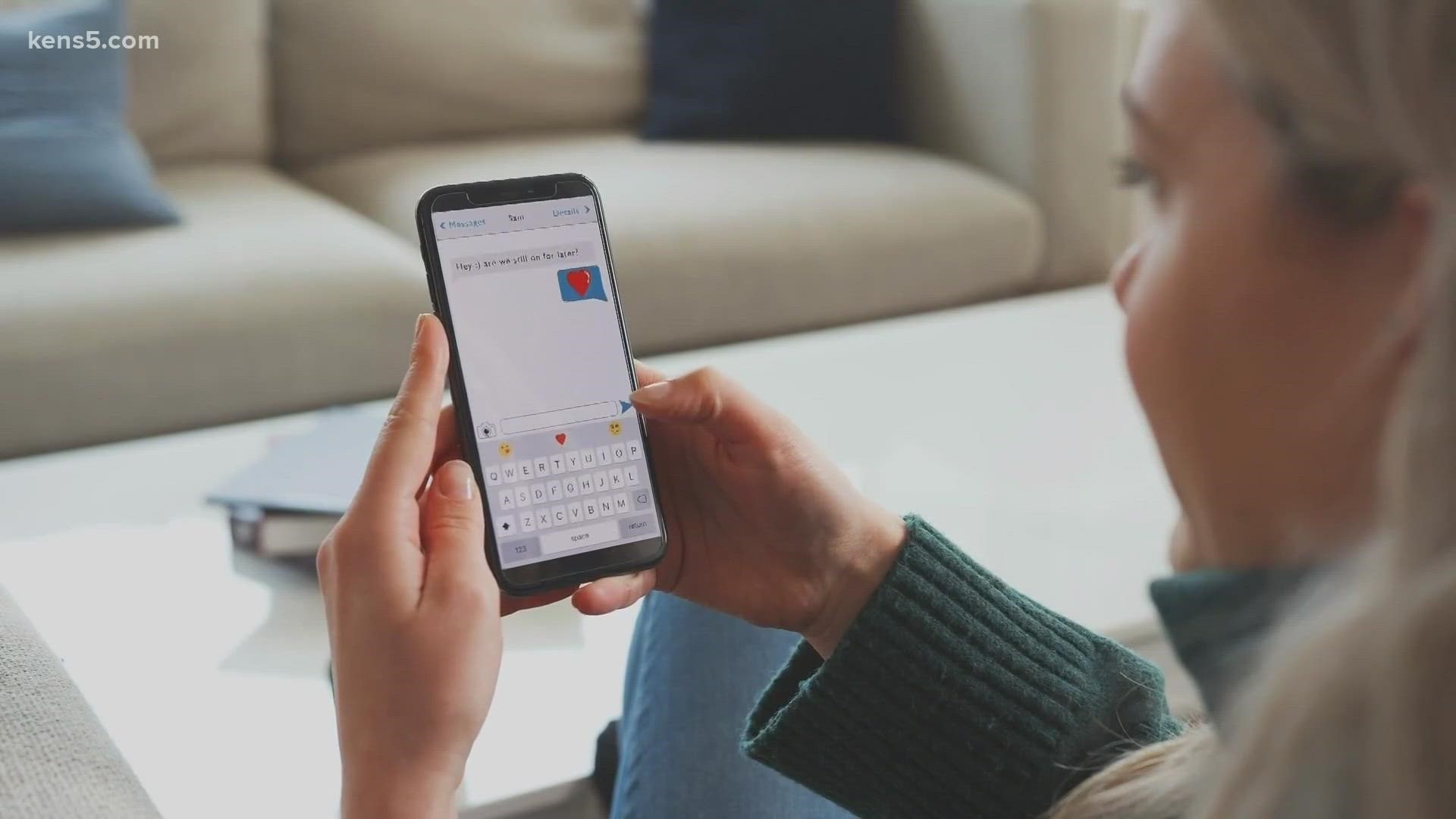SAN ANTONIO — The Federal Bureau of Investigation (FBI) is warning about romance scams, which tend to increase near Valentine’s Day.
In the U.S., $1.3 billion was lost to scammers last year. That’s a new record high, according to the Federal Trade Commission (FTC). People reported $547 million in losses to romance scams in 2021, and $304 million in 2020.
Chris Feliciano, also known as San Antonio’s “Dating Doc,” says the holiday for love can also make people feel lonely.
“Valentine’s Day just has this feeling of gift giving, of connecting, of going on dates,” said Feliciano. “So, you feel this immense pressure if, let’s say, you have been single for some time.”
That can make people more susceptible to scams.
“[Scammers] definitely target the dating websites because the psychology behind it is that sense of longing and companionship,” Feliciano said.
According to the Dating Doc, young men and older women are targeted the most.
“So, what you want to look for is if the online dating profile is written in all caps,” he said. “That’s a telltale sign. First off, you shouldn’t be talking to someone who writes in all caps. The other thing you want to look at is if the photos are professionally done. If they say they are from San Antonio but you don’t see anything that even resembles San Antonio, that’s a red flag. We have had people reverse image a photo and find out that person’s real name and learn that person is married or lives somewhere else.”
The FTC says scammers often fake emergencies. They will claim to be in the hospital or in jail to pressure their victims into giving them money.
“Don’t fall for the sympathy ploy,” Feliciano said.
Other potential lies include, but are not limited to, claiming to be in the military, needing help with an important delivery, coming across money, or wanting to get married before meeting.
Feliciano encourages people to vet online partners and take things slow.
“Love yourself first,” he said. “Regardless of whether you date or don’t date, you’ve got to love yourself first.”

